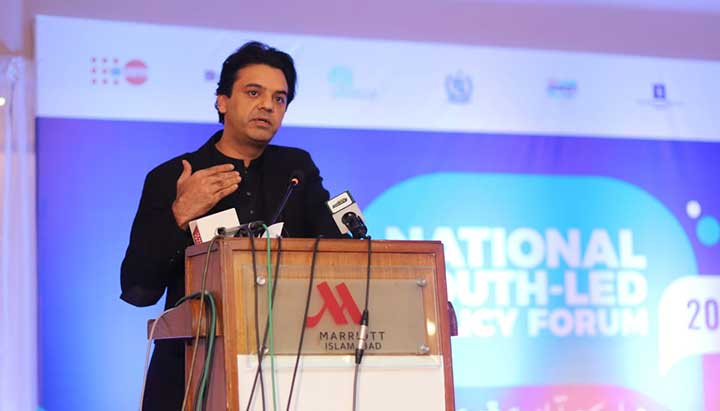By: Asem Mustafa
December 24, 2014, the day which, will never be, erased from Pakistan’s history. Terrorists attacked Army Public School killing 144 students along with teachers and staff. The brutal attack shook the world and then Prime Minister Nawaz Sharif announced a strategy to defeat and disband all threats that were against Pakistan.
The 20 point agenda aimed at eliminating challenges to national security by routing out terrorism and extremism from the society on top of them was to be implemented in letter and spirit. It is regrettable to know that only the army forces implemented all the 10 points assigned to them while four out of ten on part of the civil governments are still pending.
It was indeed a heavy price Pakistan paid but it paved the way for bringing the nation on the same page in saying no to extremism and corruption. The emerging scenario in the region particularly the withdrawal of United States troops from Afghanistan has the world turning its focus on Pakistan, again. Taliban after two decades of battling with US troops are regaining control again.
The internal strife in Afghanistan has caused many thousands to get displaced and a massive influx of refugees is expected at the Pakistan border yet again. Earlier Pakistan hosted over three million Afghan refugees that were never properly documented, unlike Iran that kept them in camps outside their cities. In Pakistan, forged national identity cards helped Afghans to settle in Pakistan as Pakistanis. Still, none of them harbor goodwill about Pakistan rather they never miss a chance to become facilitators to anti-state elements for a good price. Pakistan has curtailed many attempts and unearthed and dismantled a number of sleeper cells. However recent terrorist attacks have awakened the somewhat complacent administration of Prime Minister Imran with regards to the National Action Plan implementation. The military has also realized that only close coordination of the civil and military apparatus would prevent the resurrection of the militants in the fallout of transition in Afghanistan.
There is no second opinion about the involvement of the Research and Analysis Wing (RAW) of India in many terrorist activities and apprehended terrorists made a number of confessional disclosures about their attachment with India and the training they received.
Spy master, Kalbhushan Jadhav from RAW apprehended from Quetta was the biggest achievement of the security agencies namely Inter-Service Intelligence (ISI) but what remains of the 20 points in the National Action Plan are yet to be seen.
The civilian government with its delayed approach has in a way curtailed rather than rolled back the National Action Plan and insiders believe this happened particularly in Khyber Pakhtunkhwa where greenbacks were in use to delay what was deemed achievable and attainable.
The speedy trials of terrorists followed by death sentences particularly put a halt to bomb blasts as what Pakistan started send shivers down the spines in anti-state elements. The civil governments failed miserably in implementing seminaries (madrassas) registration and reforms, banning of extremist literature inciting sectarianism and lastly revamping and reforming the criminal justice system.
The writer is a Special Correspondent at The Dayspring



